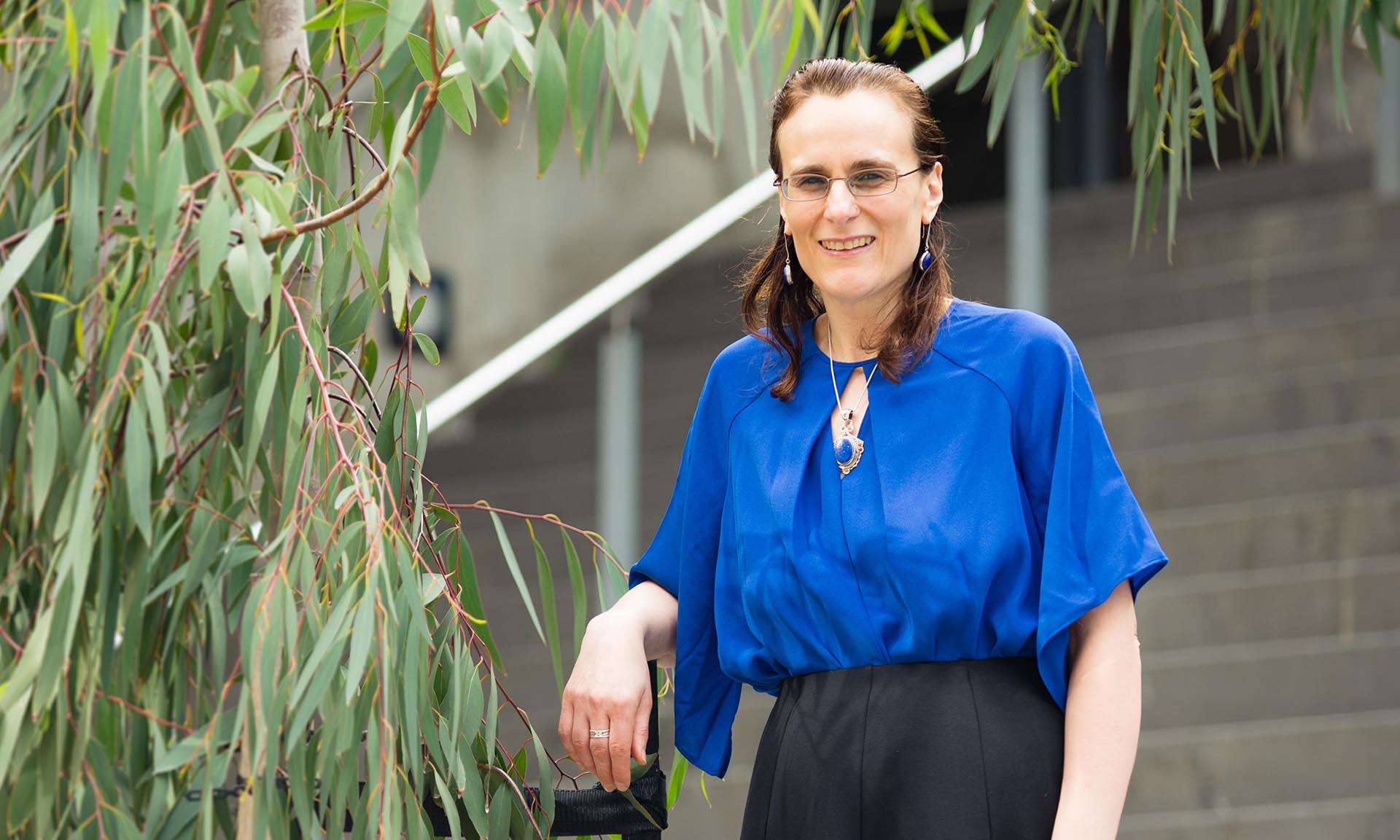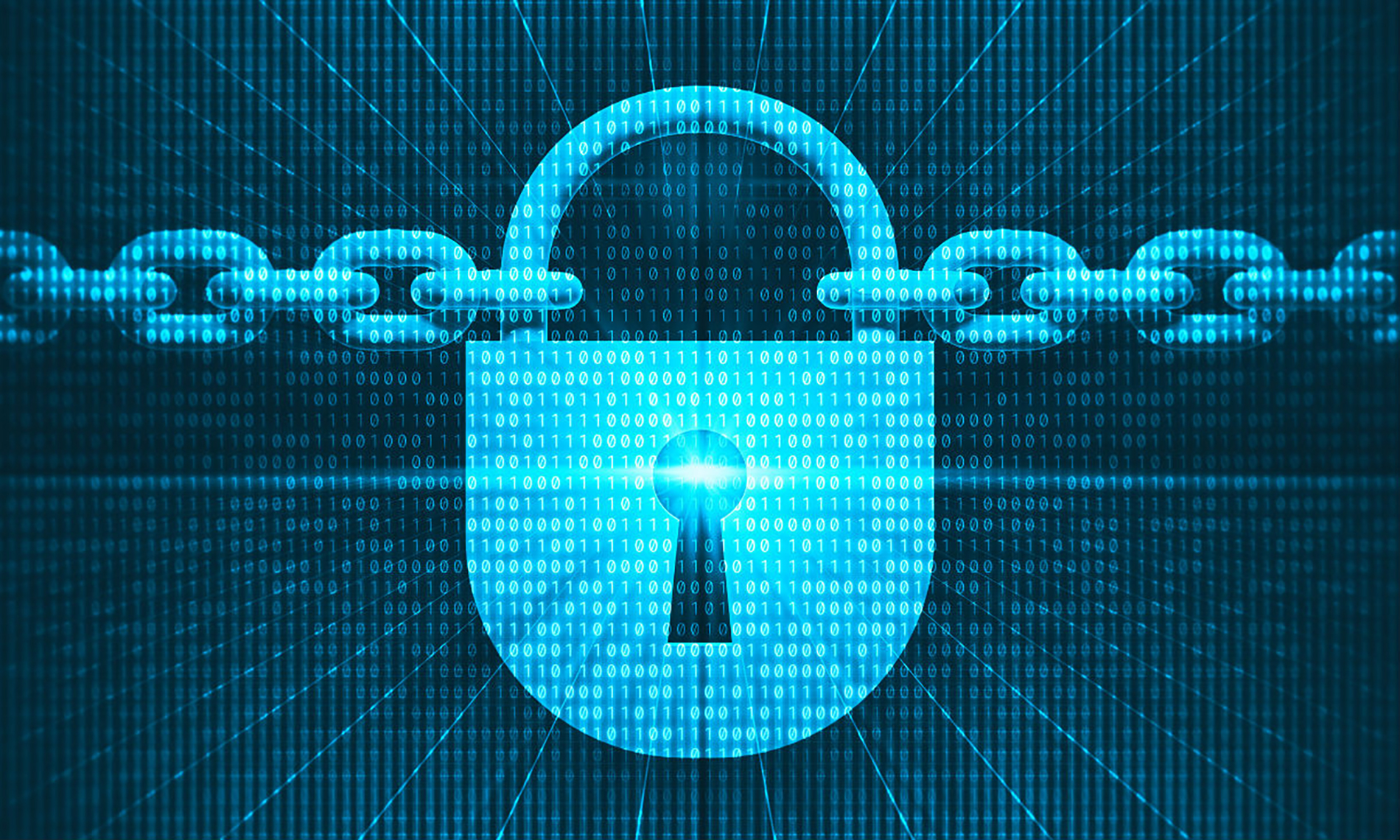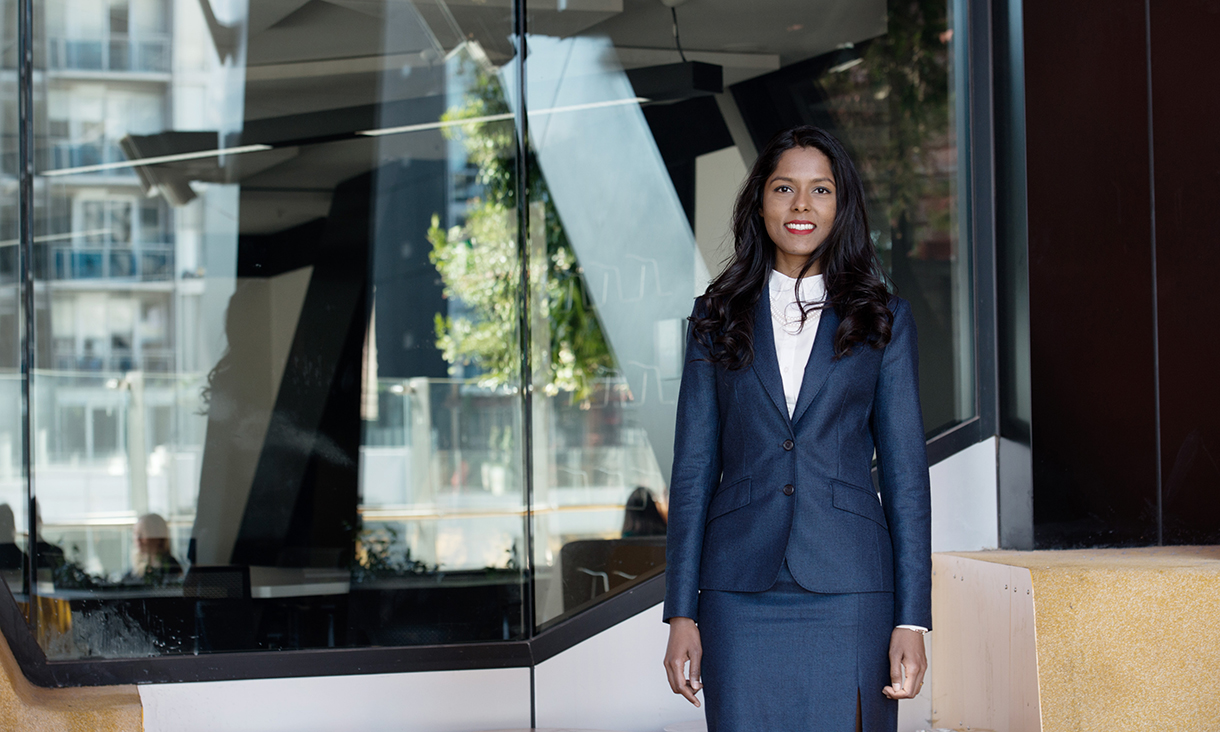Harnessing the power of the emerging technology, blockchain-enabled digital credentials will let students seamlessly publish data about earned skills and capabilities.
Deputy Vice-Chancellor Education and Vice-President, Professor Belinda Tynan, said it’s a good example of how RMIT works with industry to provide real-world benefits and meaningful student outcomes.
“RMIT is an innovator and with this initiative we’re exploring the latest application of this technology as part of our commitment to enhancing our students’ experience,” she said.
The partnership with Credly is an early but significant application of blockchain technology.
It’s also an opportunity to work alongside like-minded global organisations from diverse industry sectors, to gain valuable insights around issuing, publishing and tracking digital credentials added to the blockchain.
“RMIT is at the forefront of helping both students and employers leverage the potential of blockchain to fill long-standing skill and communications gaps,” Tynan said.
“Our collaboration will provide students with the tools to better communicate industry-relevant skills and experiences into economic and life opportunities.”
Blockchain-enabled credentials will be offered to students who complete selected courses and digital credentials from the RMIT Creds suite, along with the University’s first blockchain strategy course.
Originally designed to enable the exchange of digital currencies, blockchain is emerging across industry sectors including finance, manufacturing and health, allowing data to be authenticated, shared, and distributed but not altered.
Credentials published to a blockchain provide enhanced, independent verification of its authenticity and accuracy, helping organisations like RMIT and Credly future-proof the credentials they issue.
“Blockchain aligns with principles that have informed Credly’s work from the very beginning: user ownership, choice, portability, security, and independent verification,” Credly’s founder and CEO Jonathan Finkelstein said.
“This collaboration with a pioneering global partner provides an opportunity to test and refine the application of blockchain in unlocking the full potential for individuals – and organisations – to communicate and discover skills and competencies.”
RMIT will begin issuing blockchain-enabled credentials in late August.
Story: Aeden Ratcliffe





